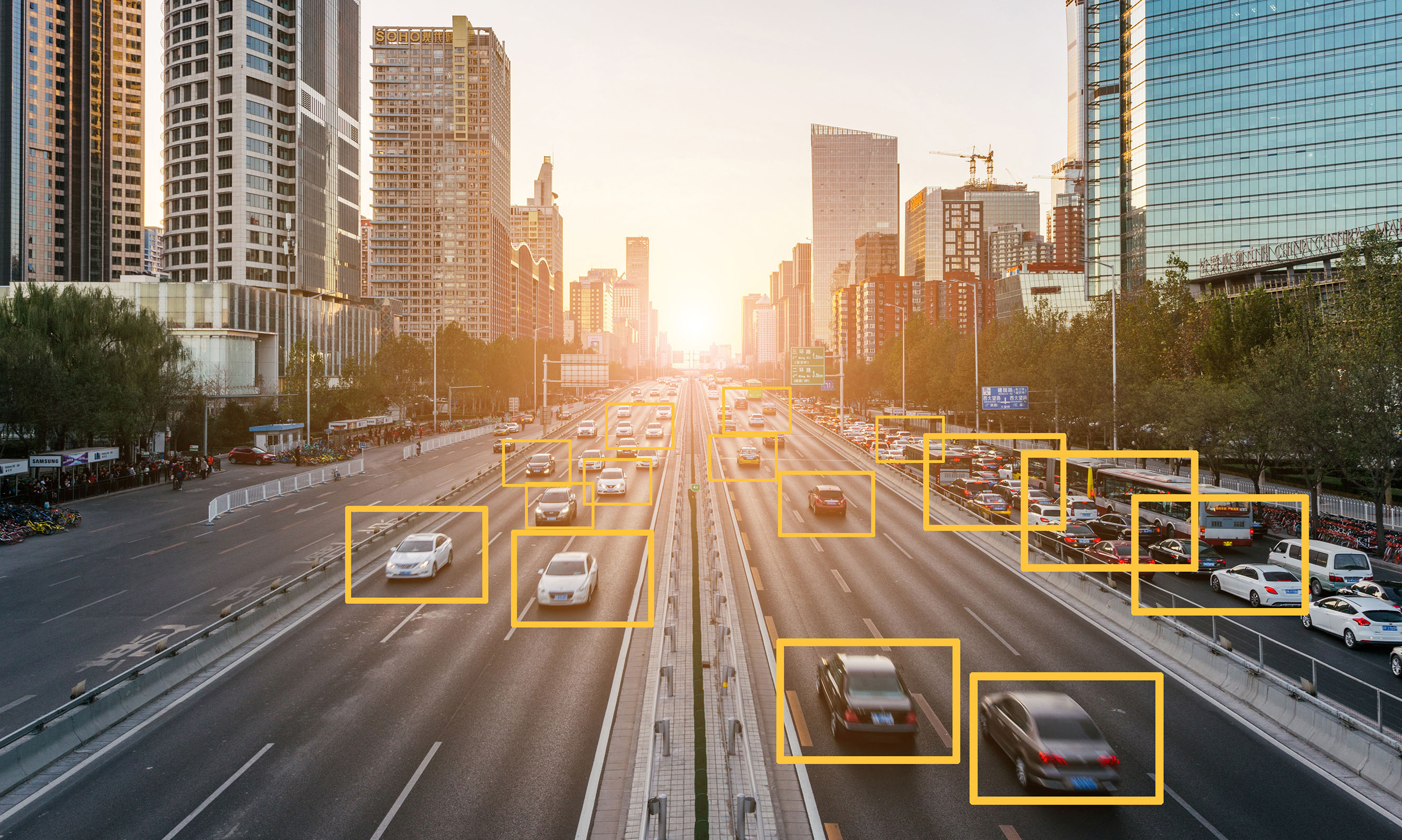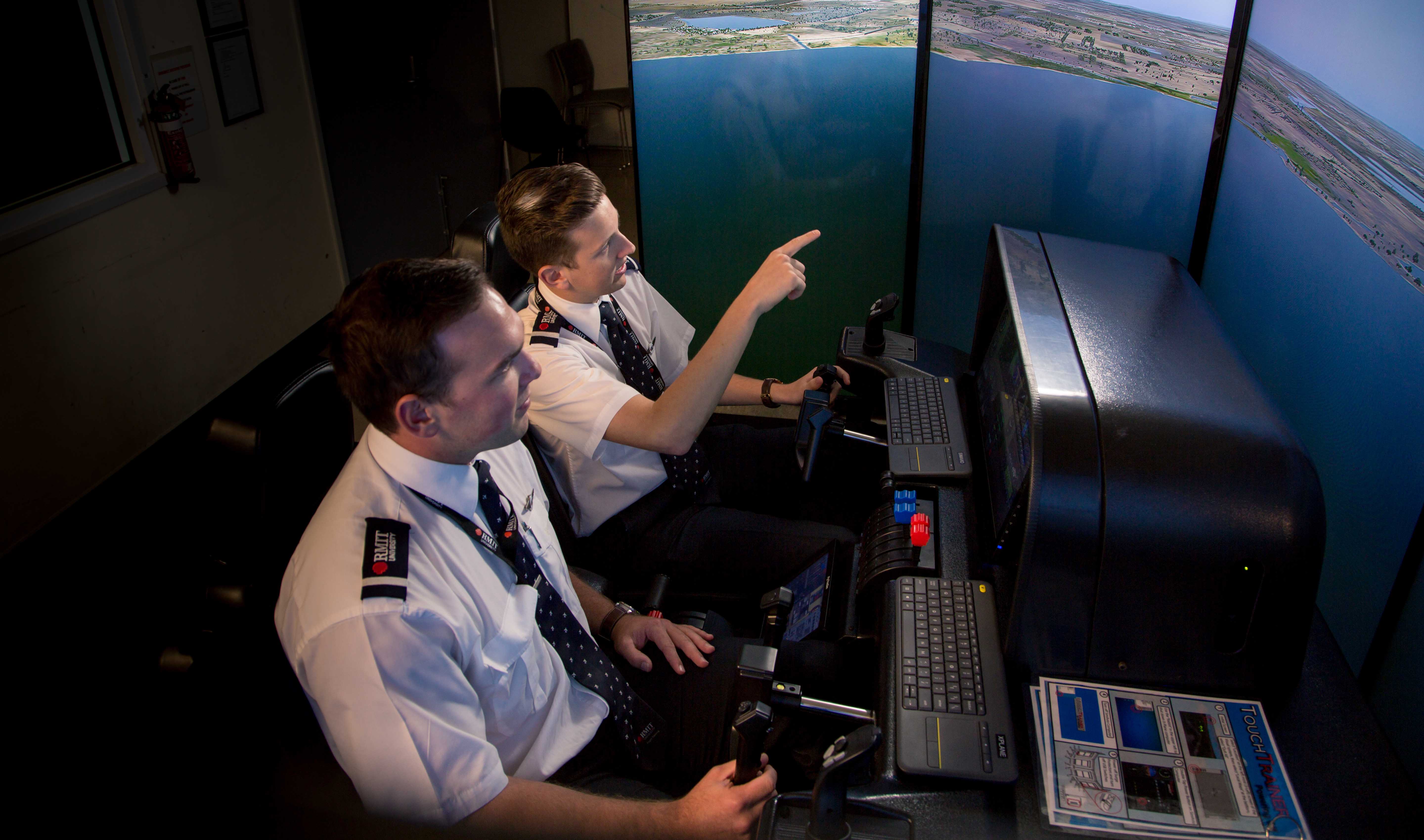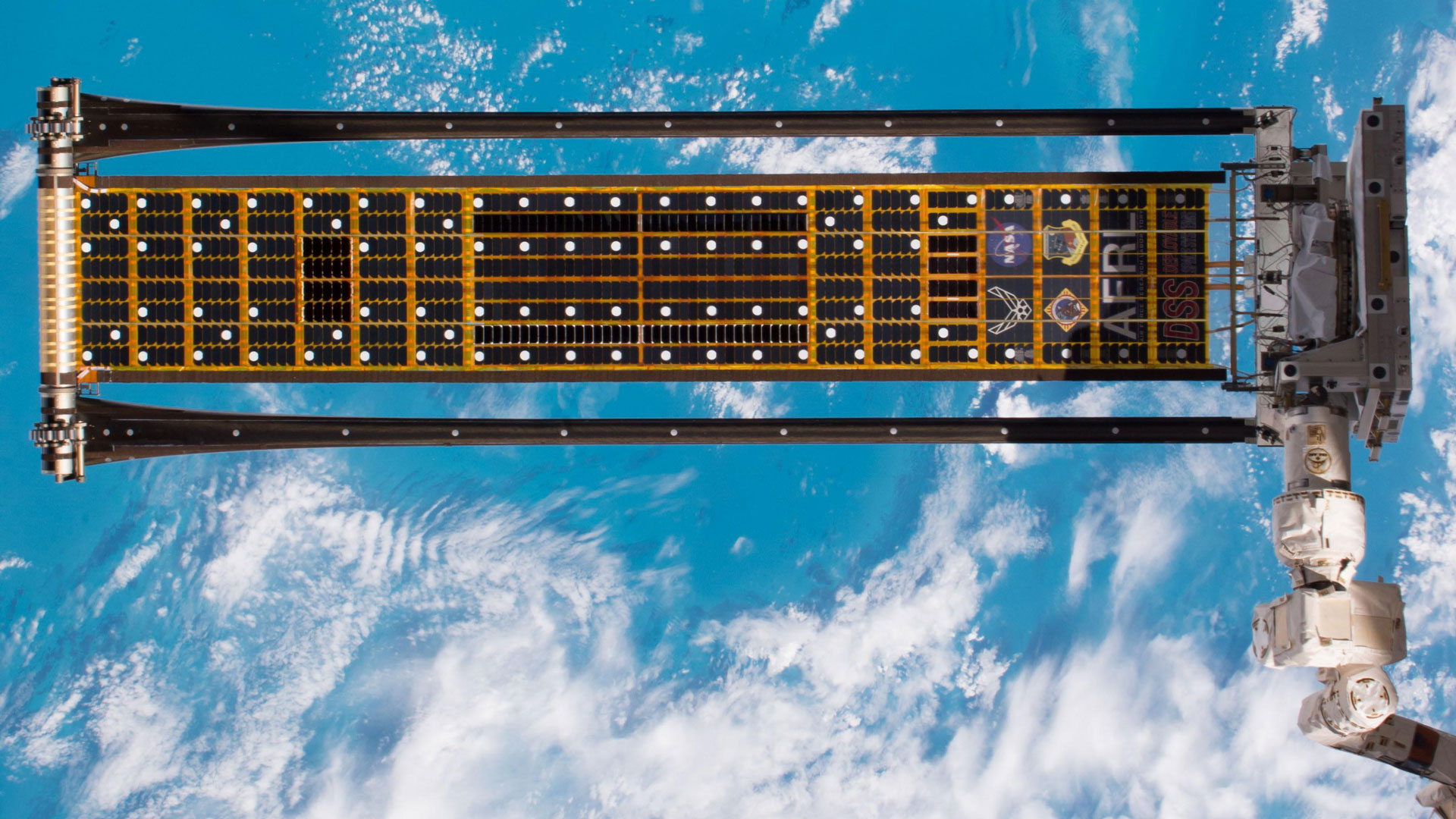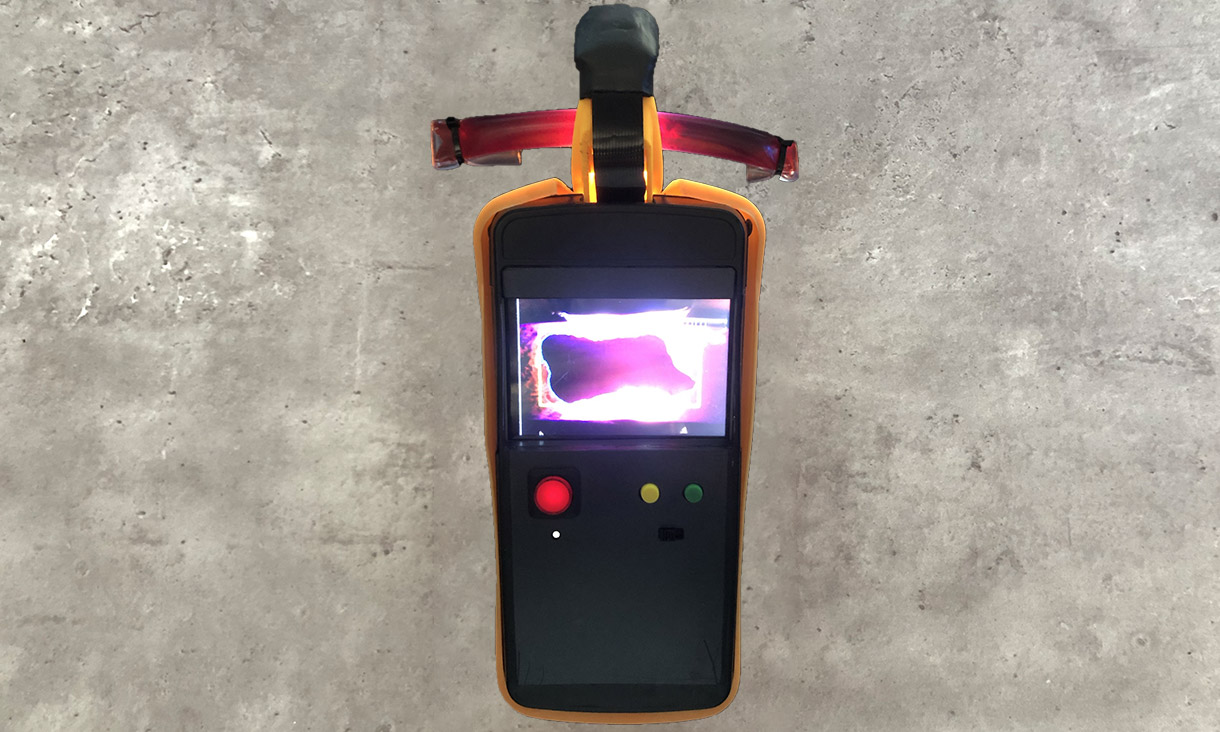Better navigation systems for self-driving cars
Autonomous vehicles rely on inherently knowing where they are going and where they are at any point in time.
Current location information obtained via GPS and trajectory is not fast or accurate enough to avoid collisions, and therefore the car must rely on sensing road markings and other cues.
This means cars are dependent on well-maintained markings and may become confused by obstacles such as road works.
With the support of industry partner Advanced Navigation, researchers will explore the use of high-precision optical gyroscopes, like those used to create Google street view maps, and integrate these onto photonic micro-chips, small and cheap enough to be used in every self-driving car.
It is hoped smart self-driving cars will reduce traffic backups by reducing stop and go waves that cause road congestion. This could mean fewer traffic jams and less emissions to lessen environmental impact.
Monitoring the impacts of autonomous vehicles
In partnership with Forum 8 AU, researchers will project the intended and unintended effects of emerging autonomous vehicle technology.
A new computer model will calculate likely issues in road safety, cyber security and privacy, shared mobility, ethical issues, and fuel consumption.
Many impacts are likely to be positive. With government data identifying driver error as a cause in 94% of crashes, self-driving cars can help mitigate risk.
Fewer crashes caused by driver error may reduce costs of insurance and financial impact of crashes and medical bills.
Self-driving cars could also offer increased levels of freedom to people with disabilities, helping them to live a more mobile life, enhance independence for seniors, and regain lost time for drivers who will be able to pursue more productive or entertaining activities whilst in transit.
But significant security, privacy and ethical issues also require consideration and planning.
The use of the new computer tool will enable government agencies, road authorities and manufacturers to develop technology and policies that support a sustainable mobility future.
Smartphones as a central control hub
Four PhD scholarships will become available to investigate key areas where wireless technologies can impact user experience and well-being of both automobile occupants and other road users.
In partnership with Robert Bosch Australia, new techniques will be explored to enable drivers to use their smart phones to automatically enter and start their car, as well as to enable vehicle sharing, security and other safety and user comfort functions.
Innovative new systems to help protect vulnerable road users such as pedestrians, bicyclists and road workers will also be developed.
RMIT leading the way in industry-relevant technology
Research Development Lead and Discipline Leader (Manufacturing & Mechatronics) at School of Engineering Dr Reza Hoseinnezhad said the grant success reinforced RMIT’s strength in mechanical and automotive engineering research.
“In order to remain competitive in the market, Australian manufacturers need to employ digital technologies to modernise their systems and processes,” Hoseinnezhad said.
“These projects will train the next generation of technology experts who can meet the future needs of Australian industries with the skills to thrive in an evolving job market.”
RMIT Engineering works with an extensive range of industry partners and its training facilities cover a wide range of such technologies, from robotics and artificial intelligence to advanced modelling software and 3D printing.
The grants are among $5M in funding for 10 research projects handed out to seven universities and more than 100 post graduate engineers across Australia.
RMIT received funding for more projects than any other university.
Story: Jasmijn van Houten





